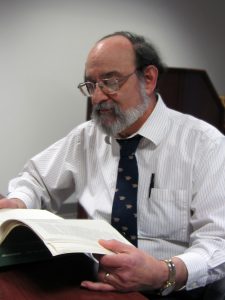April is Citizen Science Month, so there’s no better time to consider incorporating citizen science into the classroom or into your free time. Citizen science refers to scientific research that leverages the collective strength of communities and the public to identify research questions, collect and analyze data, interpret results, make new discoveries, and/or develop technologies and applications. Today’s thriving citizen science movement has evolved over centuries as a mutually beneficial solution to both researchers’ needs for greater data-collection and analysis capacity and communities’ desire to be empowered as active participants in research that affects them.
Projects that ask everyday people to go outside and count birds, identify plants, or report air pollution often serve as the face of citizen science, as they are widely appealing and easy to participate in. However, citizen science projects can be found in almost any area of inquiry, ranging from history to astronomy. In fact, citizen health science is increasingly making its mark on biomedical research! We’re exploring this topic in the HSLS class, Citizen Health Science: A Tool for Teaching, Learning, and Contributing, on April 20 at 2 p.m.

 HSLS offers classes in a wide array of subjects—citation management, database searching, bioinformatics software, and more! You can quickly view all
HSLS offers classes in a wide array of subjects—citation management, database searching, bioinformatics software, and more! You can quickly view all  HSLS mourns the
HSLS mourns the